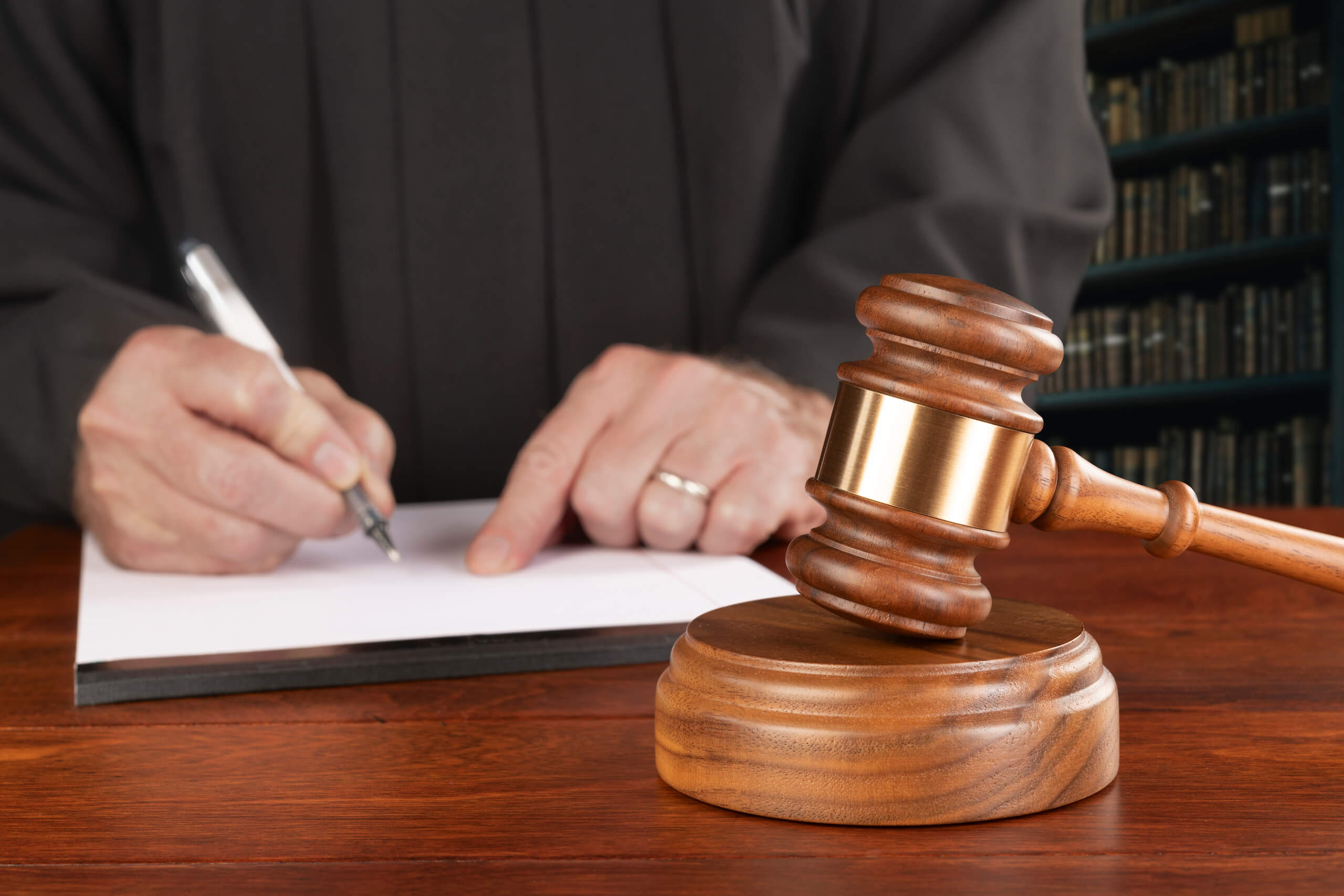Finding out you’re being investigated or charged with fraud can feel like the ground has been pulled out from under you. It’s not like other criminal charges; it’s often a slow burn, involving complex paperwork, detailed financial records, and a deep sense of uncertainty. The process can feel confusing and intentionally opaque.
If you’re in this situation, know this: feeling overwhelmed is normal. But knowledge is power. Understanding the road ahead and how a strong defence is built can help you regain a sense of control. Let’s walk through what you can generally expect and, most importantly, how you can fight back.
The Investigation: It Often Starts Before the Charge
Unlike a sudden arrest, many fraud investigations are long and conducted behind the scenes. You might first learn about it from a letter, a phone call, or a visit from investigators. The agencies involved could be Victoria Police, the Australian Securities and Investments Commission (ASIC), or even the Australian Tax Office (ATO).
This phase is critical. Investigators will be gathering everything they can: bank statements, emails, company records, and tax returns. They may be interviewing people you know, like colleagues, business partners, or employees. The goal is to build a case that alleges you intentionally deceived someone for a financial gain.
The Charge: Understanding the Accusation
Once they believe they have enough evidence, you will be formally charged. Fraud isn’t one single charge; it’s a category. In Victoria, common charges include:
- Obtaining a Financial Advantage by Deception: This is a broad charge that covers everything from using someone else’s credit card to falsifying documents for a loan.
- Identity Theft: Using another person’s personal information without their consent.
- Cybercrime: This is a rapidly growing area, involving online fraud, hacking, or phishing scams.
- Director’s Duties Offences: If you’re a company director, this could involve allegations of insolvent trading or misusing company funds.
The specific charge matters because it dictates the potential penalties and the legal arguments your fraud lawyer will use. The prosecution must prove two key things: that you committed a deceptive act, and that you did so dishonestly and with the intention of gaining a financial benefit.
Building Your Defence: It’s Not Just About the Paperwork
This is where the myth of the “open-and-shut case” gets shattered. Just because there’s a pile of documents against you doesn’t mean a conviction is inevitable. A skilled defence targets the very foundation of the prosecution’s argument. Here are some common defence strategies:
Challenging Intent (The “Claim of Right”): This is often the most powerful defence in fraud cases. It argues that you genuinely believed you had a right to the money or property. Maybe it was a misunderstanding in a business deal, or you thought you were following a complex set of instructions. If there was no dishonest intention, there is no fraud.
Mistaken Identity: In cases of identity theft or online fraud, you may be able to prove that you were not the person who actually committed the deceptive act. Proving you were a victim yourself is a key defence.
Challenging the Evidence: How was the evidence gathered? Were your rights breached during the investigation? Was all the financial data interpreted correctly? A sharp-eyed lawyer can find weaknesses in the chain of evidence or the conclusions drawn from it.
Insufficient Evidence: The prosecution has the burden of proof. Sometimes, the case looks big on the surface, but when pulled apart, it’s built on assumptions and circumstantial links that don’t hold up in court.
Why You Need a Specialist, Not Just Any Lawyer
Fraud cases are a labyrinth of financial detail and nuanced law. A general practice lawyer might not have the experience to spot the one inconsistent transaction in a thousand-page brief or to understand the complex rules of evidence for digital data.
You need a criminal defence lawyer who has specific experience with fraud charges. They will know how to work with forensic accountants, dissect complex data trails, and anticipate the tactics of financial crime prosecutors. They don’t just see the charges; they see the story behind the numbers, and they know how to tell your side of it effectively.
Don’t Let the Complexity Paralyse You
A fraud charge can feel isolating, but you don’t have to face it alone. The worst thing you can do is nothing, hoping it will just go away. It won’t. The system is complex, but it is navigable with the right guide.
The sooner you get an expert fraud lawyer on your side, the sooner they can start protecting your interests, guiding your actions, and building a defence that fights for your reputation, your freedom, and your future. If you’re facing allegations, take the first step towards understanding your options. Contact Leanne Warren & Associates today for a confidential consultation to discuss your case.




